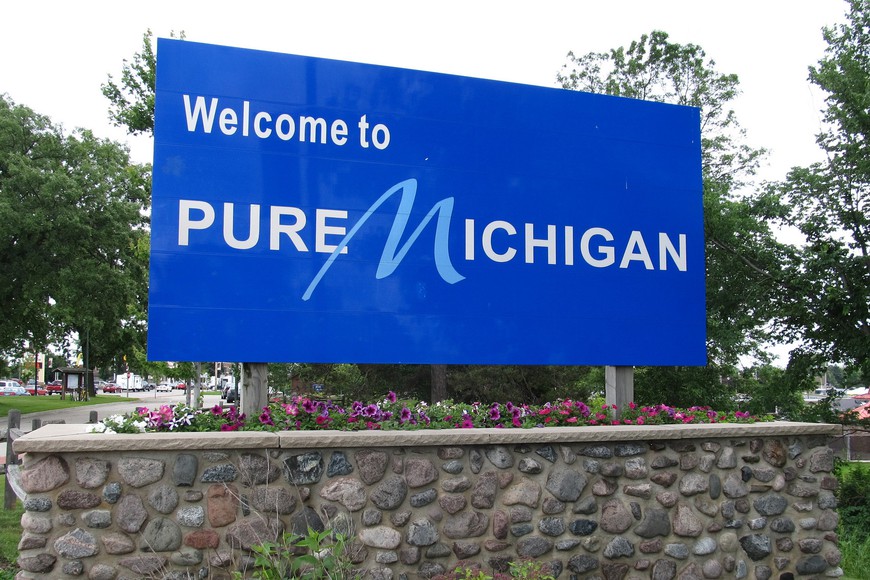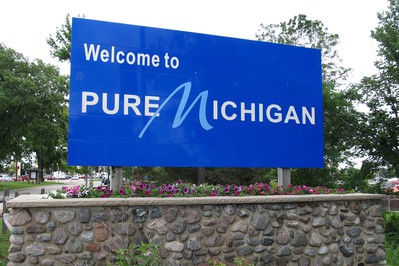

The “Lawful Internet Gaming Act” got squashed by Michigan Governor Rick Snyder just days before he left office. Had the bill passed it would have seen the legalization of online poker, slots and other forms of online gaming for players within the state of Michigan.
Things were looking up for Michigan’s Lawful Internet Gaming Act prior to the December 2018 holidays when it passed bothe the House and Senate. All that was remaining was for it to be signed off by then sitting Governor Snyder. However in an unexpected u-turn he vetoed the bill effectively stopping it dead in its tracks.
“The veto pen came out for my entire gaming package, which is incredibly disappointing,” Rep. Brandt Iden sponsor of the bill told Online Poker Report. “We had no idea this was coming. We had all the stakeholders supportive of the package and we had alleviated any concerns, so this is a very surprising outcome.”
Hopes had been pinned on the bill passing in 2018 with signs looking positive that this would happen. Snyder stated in a letter to the legislator that concerns over how online gaming would affect the state’s online lottery and land-based casinos were contributing factors as to why he killed the bill.
“I think it’s unfair because you’re taking a state entity like the lottery and trying to compare it to the free-market system of other online gaming,” Iden said to OPR. “If your problem is a concern for the lottery, you’re never going to be comfortable with an iGaming bill because it impedes on the state’s monopoly on the lottery. That’s not a free-market approach.”
Snyder pointed out that budgetary concerns also played a part in his decision.
The Lawful Gaming Act had set out how online gaming revenue would be taxed.
An 8% tax would have been implemented for all online gaming revenue generated with an additional 1.25% for the commercial casinos in Detroit. Licenses for online gaming would cost $100,000 each. Fees for ongoing operation would bring the first year total to $200,000 and $100,000 per year moving forward.
Similar to the laws in other states, including the newly regulated Pennsylvania market and the more established New Jersey market, players would have been required to be within state borders to be able to gamble online. In addition, online gaming servers would have needed to be located on the casino premises.
“People already are gambling illegally online. As technology and market forces evolve, legalization of online gaming is inevitable. Michigan should be proactive—legalize it, make it safe for customers by allowing them to play on a secure and regulated system, and capitalize on its revenue benefits for the public services we all use every day,” Iden said back in early 2018.
Had the bill been passed into law, it would have fallen within the Michigan Gaming Control Board’s remit; a governing body that describes its mission as ensuring “the conduct of fair and honest gaming to protect the interests of the citizens of the state of Michigan.”
The recent handover in office between Snyder and the new Governor of Michigan, Gretchen Whitmer, means it is unlikely the bill will move forward despite Iden’s resolve to see it through.

